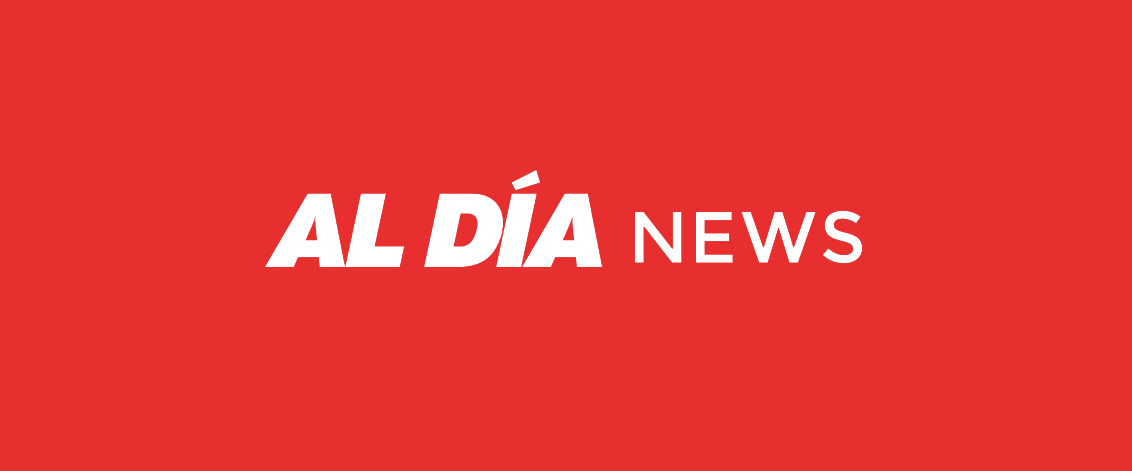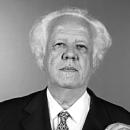
The wild, wild west of education
MÁS EN ESTA SECCIÓN
"A mess"—that's how Pennsylvania's Auditor General Eugene DePasquale described the state's current oversight, or lack thereof, of charter schools. His words came just days after the U.S. House passed a bipartisan bill to expand and increase federal funding for that country's public education alternative.
The bill would increase federal funding from $250 million to $300 million, funneling dollars into opening new charter schools and renovating or expanding existing ones.
Rep. John Kline (R-Minn.) introduced the Success and Opportunity through Quality Charter Schools Act at the beginning of April. In just over a month, the bill sailed through committee and the House and is currently pending in the Senate. It passed in the House with a 360-45 vote.
House Majority Leader Eric Cantor (R-Va.), a huge proponent for what has been dubbed "school choice," said that the expansion would bring opportunities for students. Rep. Bill Cassidy (R-La.) said it would streamline money to charter schools without having to go through districts.
However, critics of the bill argue that it initially funds charter expansion, but leaves the bulk of funding to districts' budgets, spreading resources thinner and siphoning funds from other schools.
Others expressed concern that instead of expanding models that are proven effective, the funding would go to private charter chains that thrive on ignoring special needs groups, like English Language Learners (ELL), instead recruiting top students to produce top results. But supporters pointed out that the bill includes a provision to allow charters to adopt a weighted lottery in favor of admitting special-needs and ELL students. However, the bill does not required charters to adopt such a policy.
Unsatisfied with the bill, Rep. Kathy Castor (D-Fla.) added an amendment that would force charters' to reveal private funds to avoid conflict-of-interest cases. The amendment did not pass.
President of the American Federation of Teachers (AFT), Randi Weingarten, recommended that legislators hold charter schools to the same level of accountability and transparency as district schools, in practice and performance.
"We know that when public charters are held to the same standards of accountability, equitable access and transparency as traditional public schools, all our students receive a better education," Weingarten wrote in an open letter.
Philadelphia charter expansion
In Philadelphia, many concerns reflect those of the Pennsylvania auditor's—that charter school oversight is inconsistent and weak. Those who participated in DePasquale's public meetings even compared the lack of regulations to, "the wild, wild west."
DePasquale suggested an independent oversight board to serve as a liaison between charters and the districts that fund them. The board would critically look at annual reports from the schools to hold them as accountable as public district schools. DePasquale also suggested that the state take over the responsibility of cyber charter school funding. At the moment, districts pay for cyber charter students, but do not control cyber charter schools.
Philadelphia houses a majority of the states' charter schools with more than 60,000 students enrolled. State cutbacks have produced years of multi-million-dollar budget shortfalls for the School District of Philadelphia as charter schools grow increasingly popular, increasingly numerous and increasingly expensive for the district.






DEJE UN COMENTARIO:
¡Únete a la discusión! Deja un comentario.